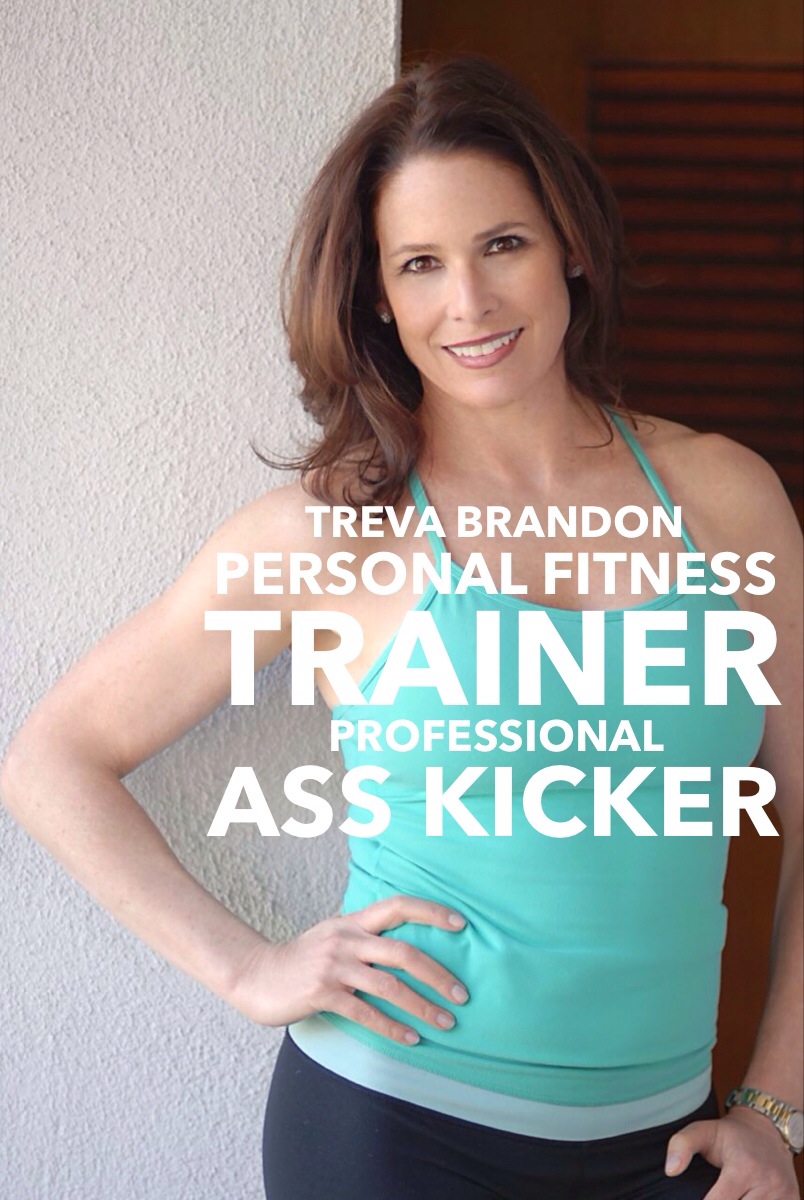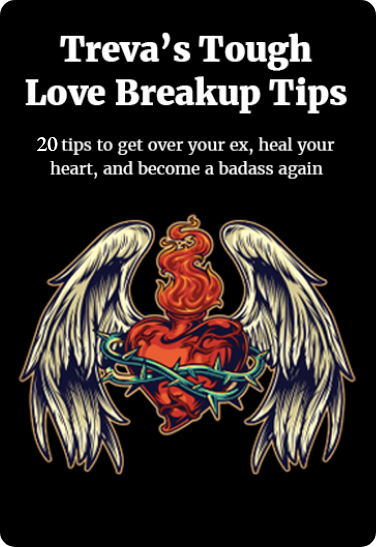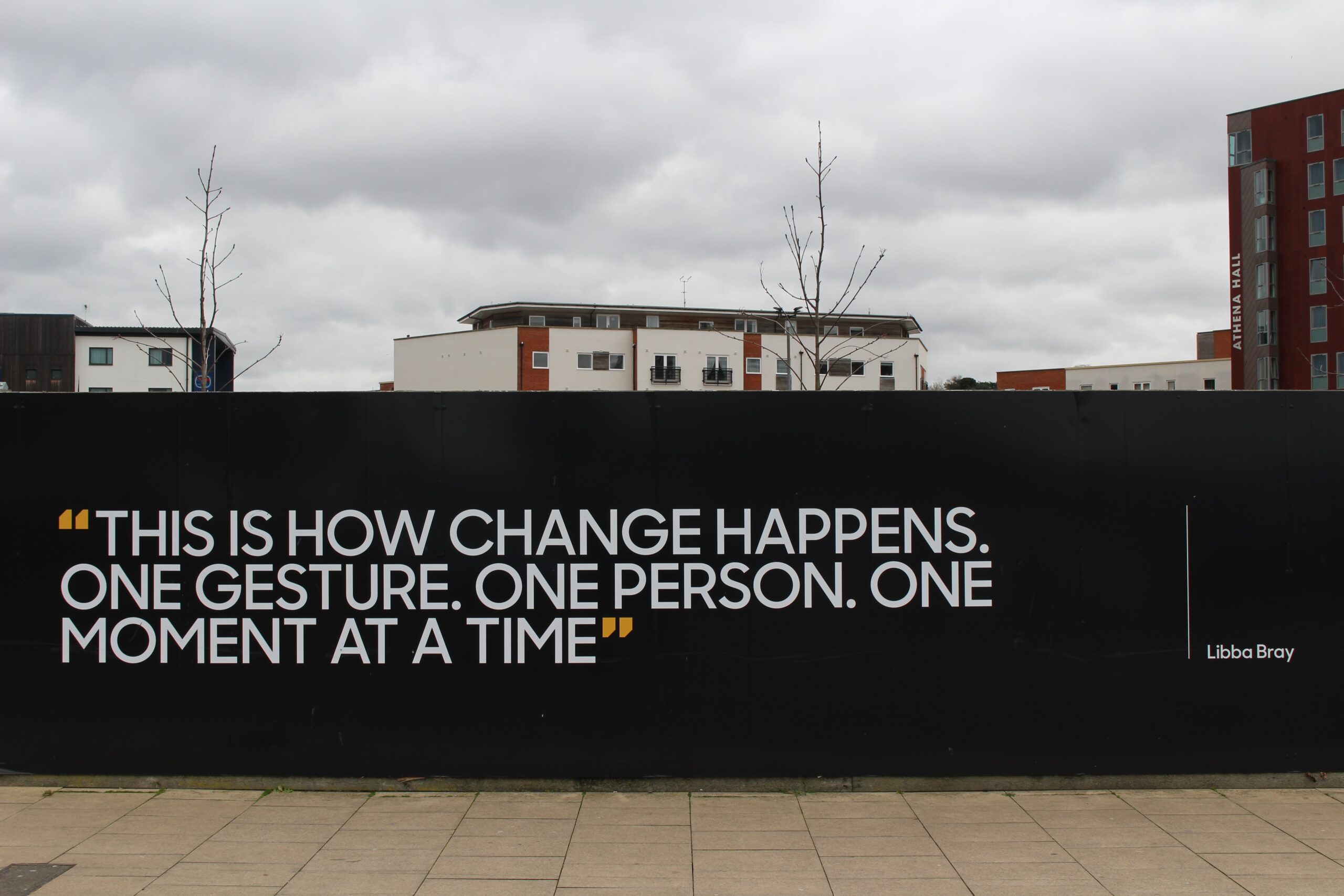People who know me as a personal trainer know I’m pretty tough. I’m strict. I’m disciplined. I push my clients to aim high, to work through their self-doubts, and to face their fears and find their strength—both physically and emotionally.
And I get results.
How? Because I’ve worked through the same stuff myself and know the struggle. I’ve been in their gym shoes and have walked the walk.
The truth is, I may be a professional ass kicker (just ask my clients) but I can be just as neurotic as the next person (just ask my husband).
My past neurosis of choice was control. I was the classic control freak who worried about everything: her single status, her health, her need for perfection. My head was filled with crazy thinking, “mishegas”as my Yiddish-speaking grandma would say.
How crazy? Well, put it this way: if I got a rash, my mind would think I had flesh-eating disease.
Here’s the thing about control– it’s not necessarily a bad thing. It’s the compulsive NEED to have it that makes you nuts.
If you’re neurosis-free and can’t understand what I’m talking about, let me break it down for you: needing control leads to stress, stress leads to worry, worry leads to anxiety. All of which sucked the life out of me and got me nowhere.
Actually, it did get me somewhere: to a shrink’s office. And while I was on the couch, here’s what he told me: #1 worry is bullshit, and #2, I wasn’t alone.
Apparently, when it comes to being secretly neurotic, there are lots of us in the closet.
You’d be shocked to know how many professional athletes (or people like me whose work requires balls and brawn) suffer from anxiety and other stress-related disorders. Folks who make their living being tough and powerful are wrestling with some powerful demons too. Considering the intense pressure, expectations, and media scrutiny sports stars are under, it’s no wonder some of them are headcases.
That they suffer makes them human; that they’re going public with it makes them extraordinary.
Major League Baseball’s Dontrelle Willis, Khalil Greene, and Zach Greinke have all been put on the disabled list at one time or another for social anxiety. In the NBA, L.A. Laker Metta World Peace has been open with his depression, and former Houston Rocket first-round draft pick Royce White, has been struggling with generalized anxiety disorder since he was a kid.
Did you know professional soccer stud David Beckham has OCD (Obsessive Compulsive Disorder)? His condition leads him to do all kinds of kooky things like count clothes and place magazines in straight lines and symmetrical patterns.
Even pro golfer Charlie Beljian isn’t immune from the dangers of getting into your head. Last November, when the 28-year-old golfer was in the second round of the PGA’s Children’s Miracle Network Hospitals Classic, an extreme case of panic struck. Out of nowhere, his throat tightened and his heart raced. A TV audience watched as he struggled through 18 holes with a skyrocketing pulse. He thought he was going to die, but didn’t. Instead, he powered through his anxiety and went on to a final-round win the next day.
Who knew anxiety could come in handy?
When channeled properly, nerves and adrenalin can work to your benefit. “Nervousness is your friend,” says JoAnn Dahlkoetter, a Stanford Medical Center sports psychologist who’s treated Olympians as well as Fortune 500 businessmen. “It’s a normal reaction to an important moment in your life.” However, when the “flight or fight” instinct of life becomes too much, that’s when people develop issues.
But don’t worry fellow nut jobs, there’s good news. We’re geniuses! According to studies in Higher Perspective, people who worry tend to have higher IQs and problem solving abilities. Expert neurobiologist Dr. Adam Perkins of King’s College in London explains it this way: “Worry is the mother of invention. When you think about it, it makes sense. Many of our greatest breakthroughs over the years were a result of worry. Nuclear power? Worry over energy. Advanced weapons? Worry of invasion. Medical breakthroughs? Worry over illness and death.”
This brings me back to my own issue: Control.
Here’s what I’ve learned: I can’t control everything. No one can. Worrying about stuff you can’t control will suck the life out of you, and the sooner you realize it, the sooner you’ll be free—of stress, anxiety, and mishegas.
Giving up control and letting go is the hardest thing you’ll ever do. So is learning to have faith, not fear. It’s a process that takes practice— sometimes years. But I’m proof that it works. When I finally stopped worrying about my weight, I made peace with my body; and when I gave up on getting married, I met my future husband.
As for the rest of the stuff I’m still neurotic about? I guess I just have to kick my own ass and get over it.








